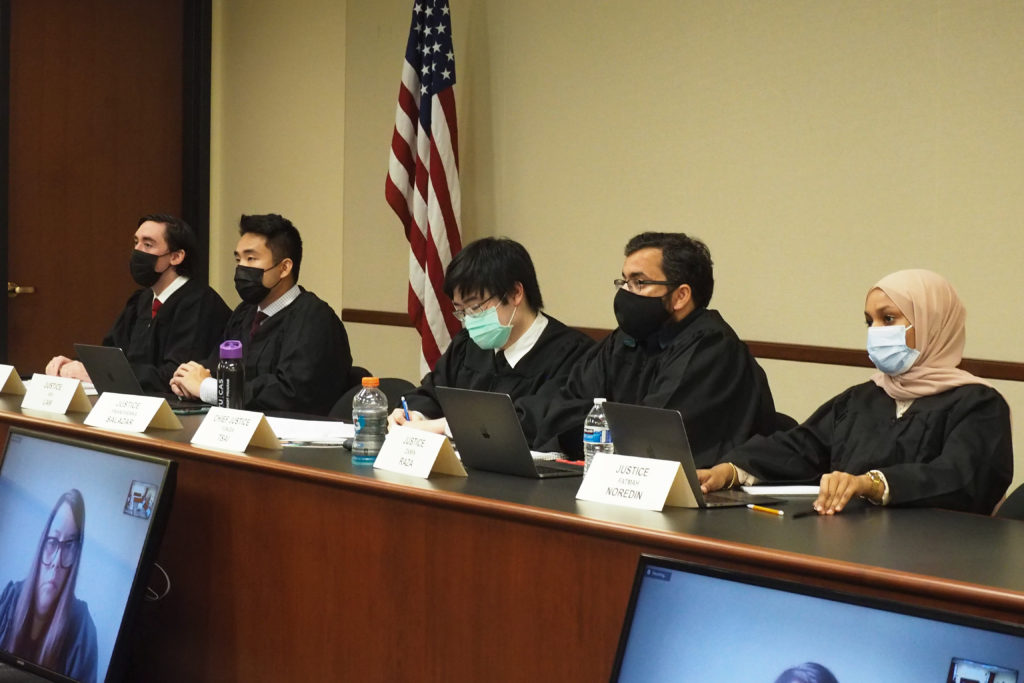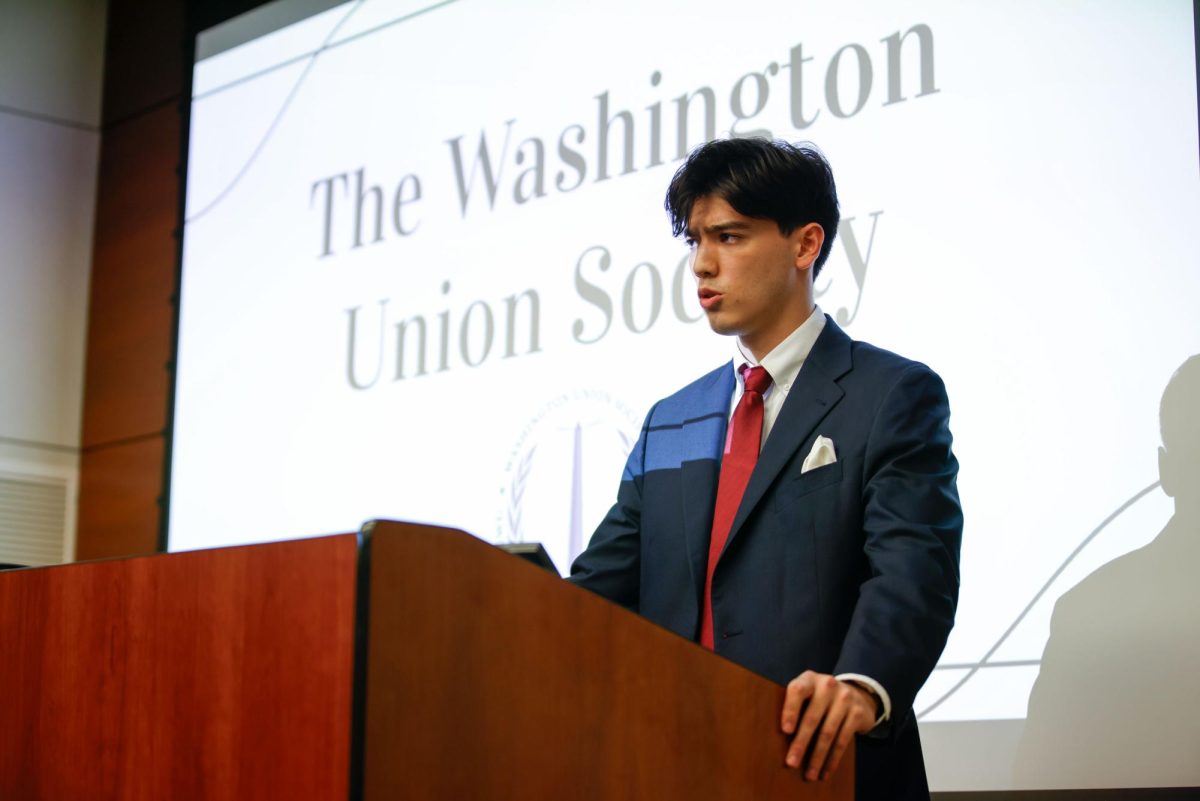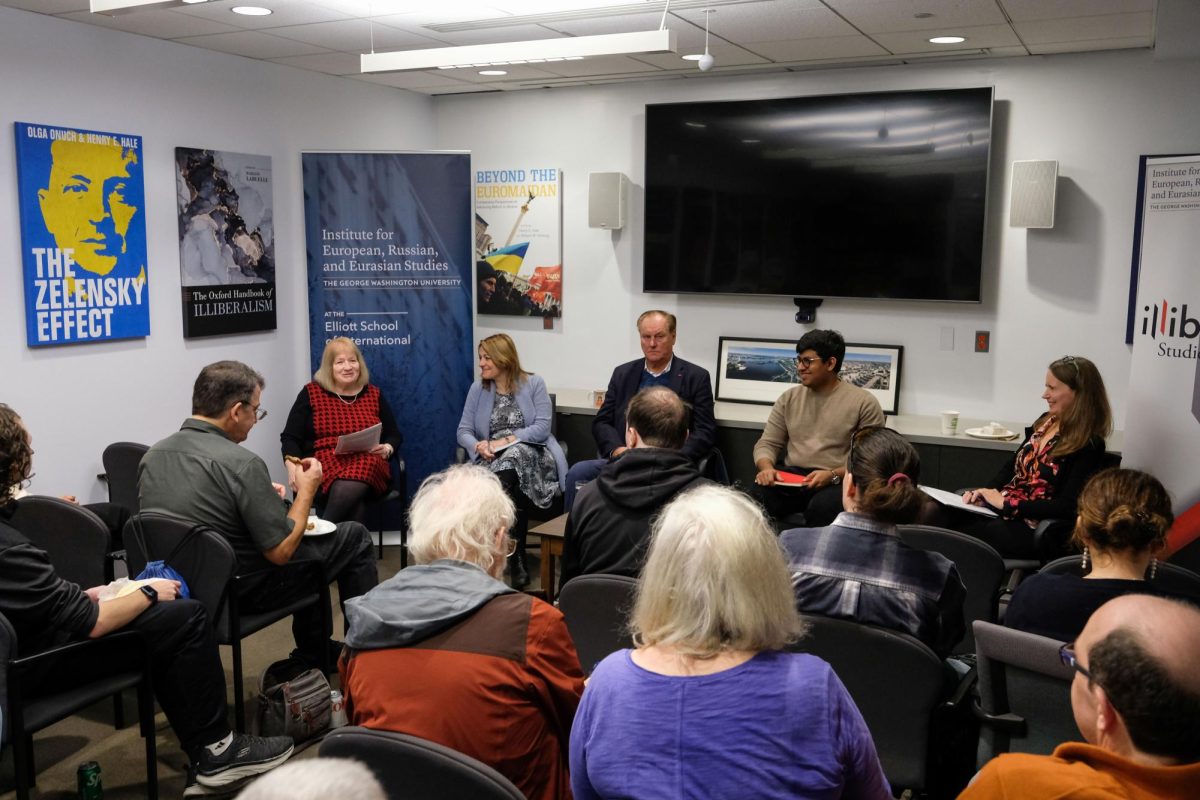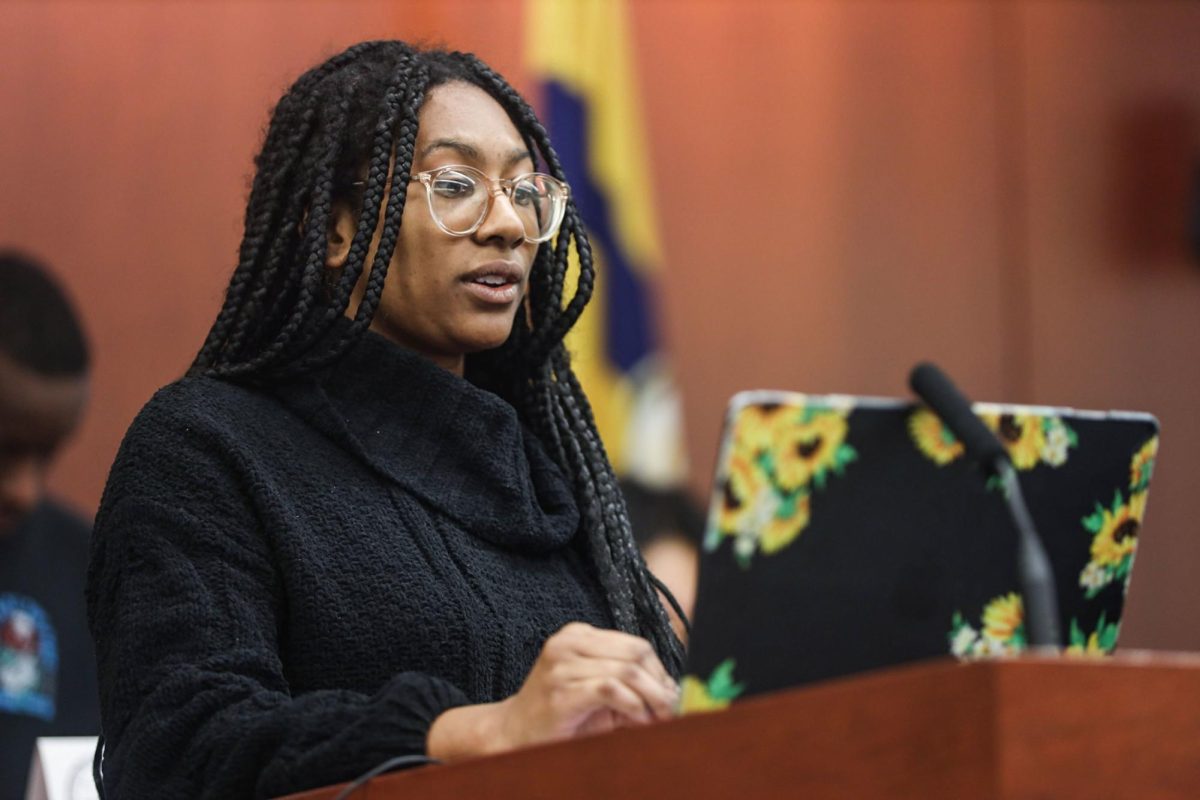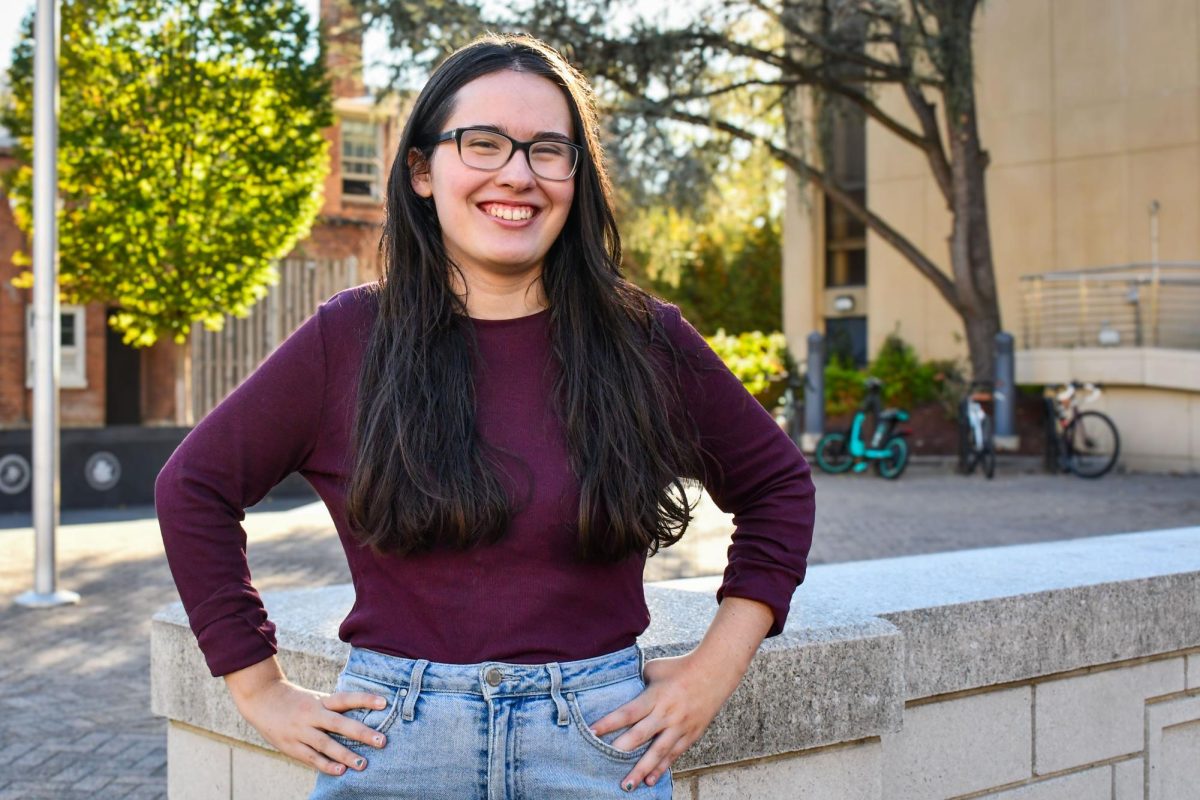The Student Court struck down a planned referendum Sunday that if passed would have brought back first-year seats to the Student Association Senate.
The SA Office of the Legislator General filed a complaint last month challenging the senate’s approval of a fall referendum asking the student body whether the SA should amend its constitution to designate senate seats for first-year undergraduate, graduate and transfer students. The court heard arguments about the complaint Sunday, ruling just hours later that the resolution was “inconsistent” with the SA Charter and the University’s Statement on Student Rights and Responsibilities.
The court also struck down the Fall Senate Elections Act, which would have codified the referendum into the SA’s bylaws if approved by the student body.
The plaintiffs – represented by assistant legislators general Juan Carlos Mora and Andrew Harding – argued the SA charter stipulates that senate apportionments must be based on the size of each school. Mora said passage of the referendum would set a “dangerous” precedent because it would allow first-year students double representation in the senate.
“We’re here today because the Student Association Senate violated the student right to essential representational equality,” Mora said at the hearing.
Mora said every first-year student is automatically represented in the senate by their school-specific senator. If the referendum were to be approved, he said first-year students would be represented by both their school and their class year, whereas non-first-year students would only be represented by their school.
The SA’s previous constitution allowed the senate to appoint non-voting, first-year undergraduate and graduate senators, and after a semester, the first years became at-large senators with voting power.
An updated constitution that went into effect in May had allowed for the appointment of two first-year senate seats, but the court struck down the provision before it was enacted, arguing that appointing senators violated the “essential representational equality” requirement of the University’s Statement on Student Rights and Responsibilities.
SA Sen. Chris Pino, CCAS-U and the sponsor of the resolution creating the referendum, said double representation already exists in the senate because students with double majors are represented by two schools. He said the current representational system is “inherently flawed” because it is unclear which senators represent people who are double majoring.
Pino filed two motions late last month to dismiss the complaint and seal “sensitive” sections of his argument, both of which the court denied.
The defendants – Pino, SA Vice President Kate Carpenter and Sen. Cordelia Scales, SEAS-U and senate chairperson pro-tempore – had submitted a brief arguing the legislator general’s office was working exclusively on behalf of the executive branch. Pino said at the hearing that the legislator general’s office “must act as counsel” to the SA at large, but it was acting under the direction of SA President Brandon Hill.
“There is a constitutional mandate for defendant representation by virtue of them being members or participants in the Student Association and counsel that has been left unsatisfied within this case,” Pino said.
The court’s ruling did not mention the debate over whether the legislator general should represent the SA entirely or just the executive branch, but the ruling stated that the court will release a more explanatory opinion within two weeks.
Carpenter, Pino and Scales did not immediately return requests for comment.
Harding, the assistant legislator general, said in a statement on behalf of the plaintiffs that the legislator general’s office “wholeheartedly” welcomes the court’s decision. He said the office looks forward to continuing to advocate for the student body.
“The Student Court’s unanimous ruling unequivocally validates the First-Year Senators Amendment Act’s incompatibility with the governing documents,” he said. “The Office of the Legislator General is proud to have successfully defended the right to essential representational equality for over 26,000 students.”
Hill, the SA president, submitted a brief last week in support of the plaintiffs, arguing that the legislator general’s office worked independently to file this case against the creation of first-year senator seats, not at his direction. He had said at an SA meeting last month that he opposed the first-year senator referendum and was prepared to seek the court’s opinion.
He said in the brief that the legislator general’s office does not only represent the senate, since the office is also part of the executive branch.
“I truly recognize the gravity of the removal of first-year representation by the Student Court for the third time since I have been a student at George Washington University,” Hill said in his brief. “However, if the sponsor of the legislation truly wanted the best resolution, it would have been reached.”
Hill said in a statement that the legislator general’s office “accurately” advocated for equal representation within the senate. He said he will organize a special working group with SA members to address this multi-year debate on first-year senators.
“Although I personally disagree with the plaintiff on the lack of representation of first-year students, I do concede that the representation may in some ways be inadequate, which is a failure on our part that we must act upon,” Hill said.
By a 5-1 vote, the court upheld a resolution that scheduled a referendum challenged in the complaint that, if passed, would separate at-large senate seats for the Milken Institute School of Public Health, School of Nursing, School of Medicine and Health Science and the College of Professional Studies into separate undergraduate and graduate positions.
The court struck down a section of the resolution that would have solved procedural issues if both the first-year and proportional representation referenda had passed. Associate Justice Devin Eager, the lone opposition vote, supported invalidating the entire resolution.
The SA’s special elections committee will now schedule the proportional representation voting referendum.
SA Sen. Gabriel Young, CCAS-U, submitted a brief in favor of the plaintiffs, contending that since first-year students are still getting used to GW, serving in voting positions in the senate could be overwhelming. He said the senate’s previous arrangement with first-year senators as non-voting members could help them to better acclimate to both GW and the SA.
“First-year senators will have to add on more to their plate, which isn’t fair to them,” Young said. “But having it as a research aide or community position, would, under the constitution, allow them to learn what these issues are.”


